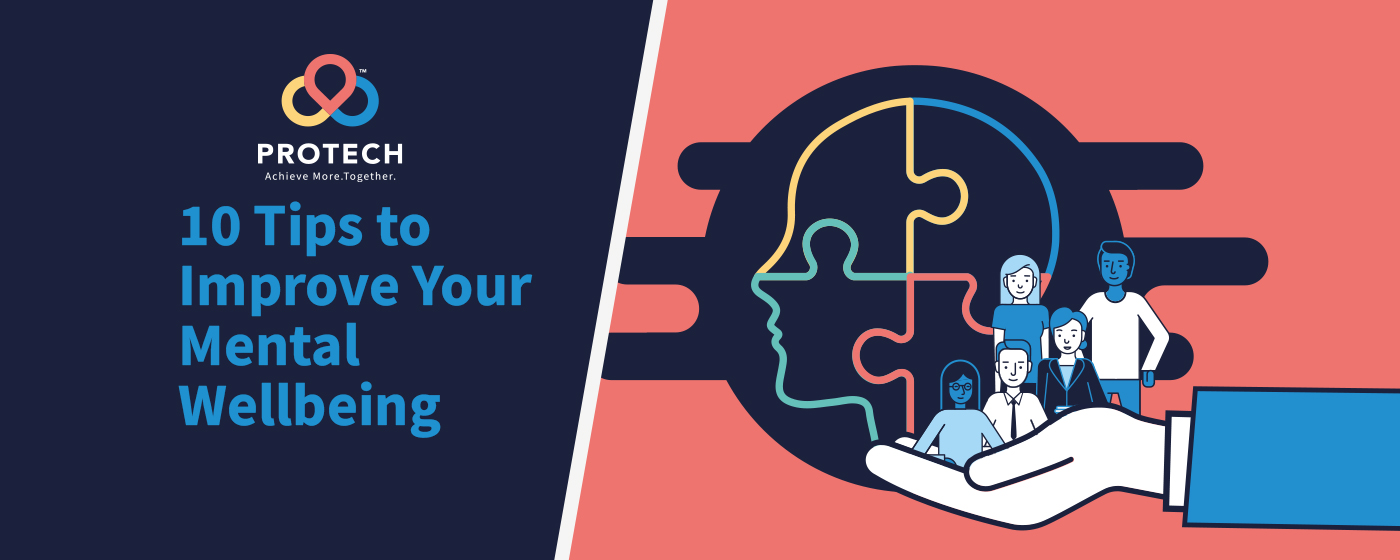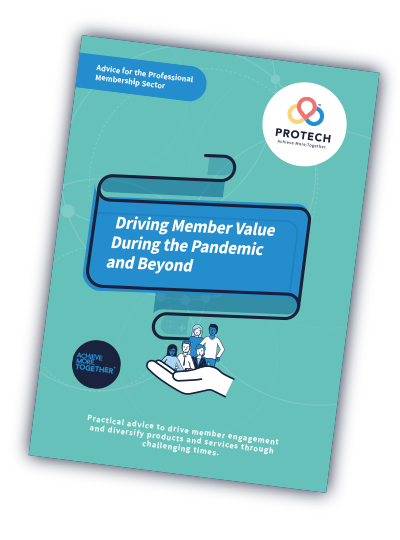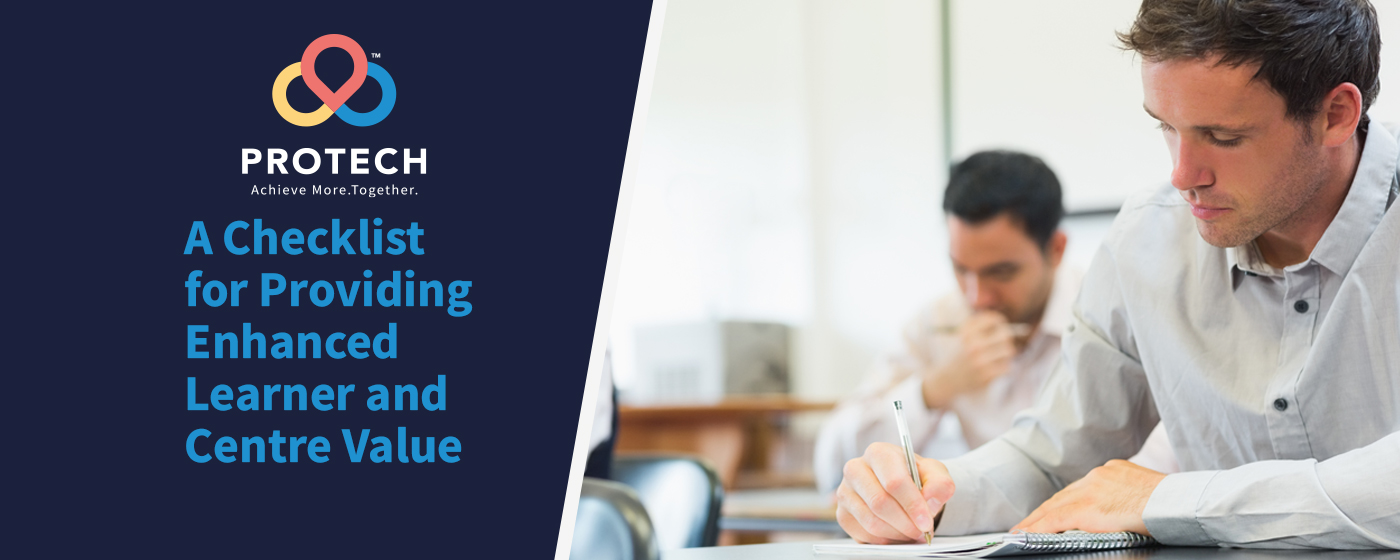Professional membership and awarding employees are adapting their lifestyles due to the pandemic and in many cases, starting to work from home. This may have previously been an alien concept and it can be hard to replicate the central role that office life plays in happiness, efficiency and collaboration.
It’s a challenge because we are all social animals, happiest when interacting with others, and the office provides structure to our working day. We are also accustomed to meeting in person to build trust and collaborate on complex tasks. There can be three natural responses to the uncertainty caused by COVID-19.
Anxiety: This is a natural response to uncertainty and constant change. Try to arrange one-to-one conversations with your manager or colleagues to discuss the remote working situation. Perhaps some deadlines can be extended or tasks shared to spread the workload. Remember that many households are in the same position so it’s not an issue if your child walks into your video conference or needs to be tended to.
Stress: When isolated and working from home, it can seem as though only we are affected by stress. We can respond by staying attached to our computer or over-working, but this is neither sustainable, healthy or productive. Symptoms of stress include insomnia, high blood pressure and mood swings. Check in with yourself regularly and try to identify which tasks or experiences are triggering feelings of stress. Talk to your manager and work together to find solutions.
Isolation: Even those of us that live with others are likely to feel cut off from the world while working from home. It’s important to realise that everyone is feeling the same way. Use regular video calls to reduce feelings of isolation and replace everyday interaction. It’s an important part of team building.
10 Tips for Self-Care: Advice to help you recharge, avoid burn out and maintain your mental health
- Take regular breaks: Time away from work is important for mental wellbeing. You can still take annual leave even if you stay at home and regular breaks throughout the working day are important in keeping productivity levels high. Otherwise we can become increasingly tired and demotivated.
- Stay connected: Keep in regular touch with friends and family to maintain your mental wellbeing. During work hours, consider replacing long emails to colleagues with a brief phone call instead. This approach is likely to be more productive and provides much needed interaction.
- Stay active: At least half an hour of daily physical activity is recommended for adults. Keeping active reduces stress, increases energy levels and helps us to sleep better. Cleaning a whole apartment can burn the equivalent calories of a 5-mile run and YouTube channels such as Joe Wicks’ provides some great 15-minute indoor workouts for all fitness levels.
- Create a consistent routine: Retain the distinction between work and personal time to reduce stress levels. Try to follow your normal patterns where you can by waking at the same time, eating breakfast and getting ready for the day. If you’re not commuting, devote this time to exercising, reading or listening to music And when your workday stops, leave your desk and focus on your home life.
- Watch your diet: A well-nourished and properly hydrated body is better at handling mental stress. Deficiencies in certain minerals such as iron and vitamin B12 can cause a low mood so it’s important to eat well. If you feel anxious, consider reducing your caffeine intake too.
- Take up relaxation practices: Techniques such as meditation and yoga help to reduce stress while also improving fitness. Hatha yoga in particular is a good choice and beginners may prefer its slower pace and easier movements.
- Get outside or bring nature in: Try to get outside each day as time spent in green spaces benefits your mental and physical wellbeing. If this is difficult, spend time with the windows open and arrange your workspace to get plenty of natural light. This is a great source of vitamin D for our bodies and releases chemicals in our brains that improve our mood.
- Avoid speculation: Obsessing over unreliable online news sources and social media can increase stress levels. Limit your consumption to a set period rather than browsing throughout the day.
- Do something you enjoy: Invest your evenings and weekends in activities that make you calm and bring joy. Try a new hobby such as cooking or painting; find what works for you.
- Be kind to yourself: This is a challenging and stressful situation, so acknowledge you probably won’t be as productive as usual. Give yourself the time and permission to adapt gradually.
This article is part of our 25 page free e-book, how professional membership organisations can drive member value through the pandemic and beyond.
Learn how to:
- Adapt your value proposition to resonate with member needs
- Practically enhance your member retention
- Diversify your qualification approach to protect revenue
- Minimise the impact of event cancellation
- Ensure that your productivity levels remain high whilst working remotely
Download this free e-book now to discover actionable strategies and practical advice.









